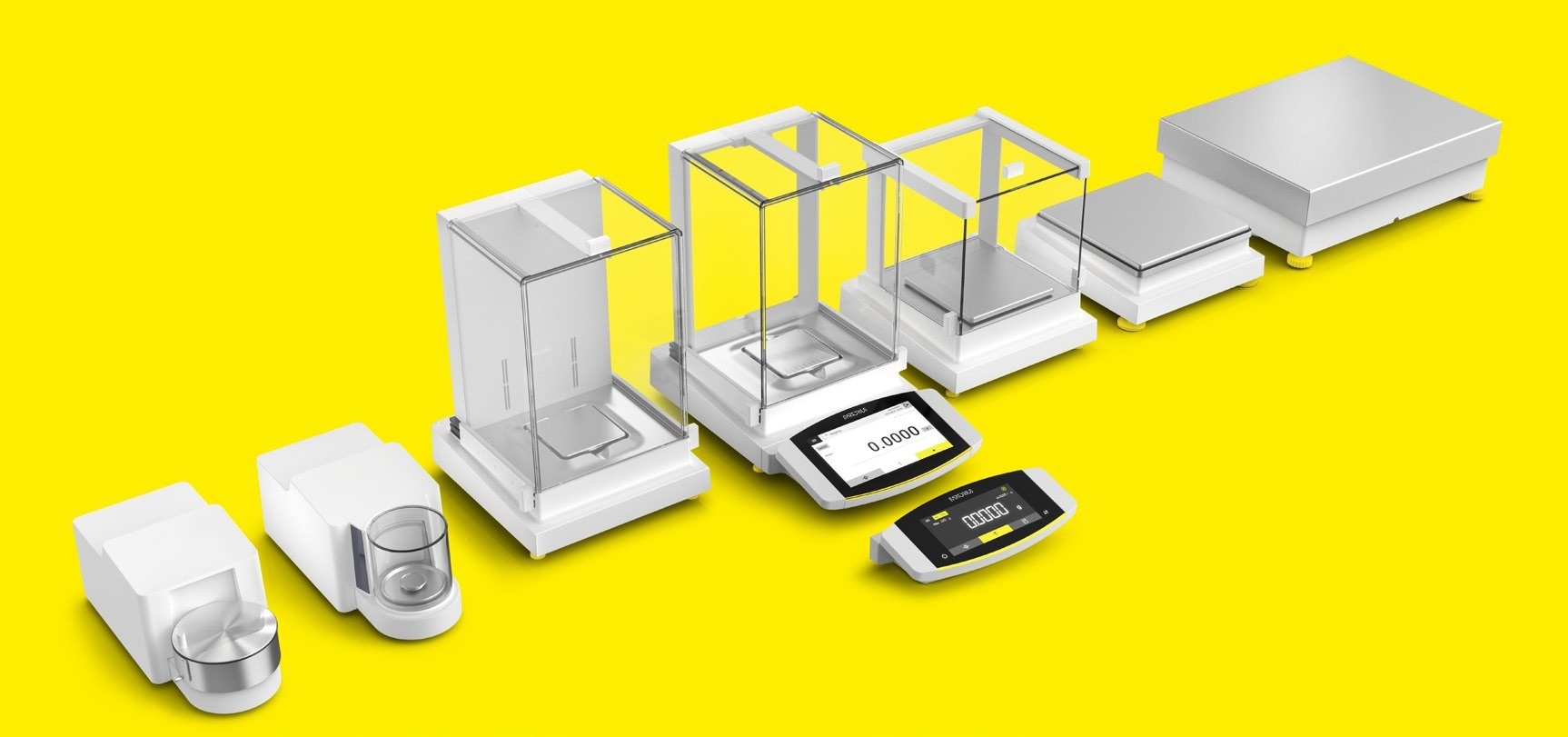Throughput, efficiency, and reproducibility are key concerns in laboratory studies. Advances in digital science solutions and automated technologies are driving recent improvements in lab results, giving researchers enhanced digitalization capabilities.
Data and process compliance in the lab is essential as organizations evolve and adjust to innovative technological advancements. This is especially important in an evolving regulatory field that governs life science, food, and pharmaceutical industries.
If data integrity standards are violated, labs and researchers can face serious consequences, impacting decision-making and potential health and safety issues.
This article will examine the most common data integrity violations, how to avoid them, and what instrument features to look for to maximize the benefits of digital transformation.
Why is data integrity important?
Companies working in the highly regulated pharma, food, biotech, and life science sectors are investing heavily in novel and innovative technologies and lab digitalization.
New digital solutions currently being invested in by companies include laboratory information management systems (LIMS) and electronic lab notebooks (ELN.) These advances are being driven primarily by a desire within companies to create paperless working environments and a connected, streamlined, efficient workplace.
Measures must be introduced to ensure the safety of products, such as drugs, which ensures proper recording, maintenance, and sharing of data. As important decisions are increasingly being made using digital, connected solutions, strict data integrity principles must be followed.
In many laboratories, recording scientific data is still transitioning from manually writing down results to fully recording them electronically. If researchers do not follow proper processes, critical problems can occur in manual or hybrid systems, such as data breaks, leading to poor reproducibility and product quality.
Seamless data transfer and audit-proof visibility can be ensured by adhering to strict electronic data integrity protocols. In recent years, auditors have increasingly called for the broader adoption of electronic data recording due to its enhanced security. This is leading to an accelerating transition to full lab digitalization.

Mitesh Chhana, Regional Business Manager Lab Weighing, and Sebastian Weber, Global Product Manager Software Solutions, Sartorius. Image Credit: Sartorius Lab Instruments GmbH & Co. KG
How is data integrity assessed?
Data must be complete, accurate, consistent, and in context. This ensures complete confidence in a study or trial’s results. To achieve optimal data integrity and confidence in data, ALCOA principles must be strictly adhered to by companies and researchers.
From the perspective of audits, all of the metadata associated with a sample or batch’s results must be gathered for a Good Manufacturing Practice (GMP) audit. If the complete suite of data cannot be traced to the beginning of a process, ensuring a good product is produced is not possible.
Common data integrity violations
Many labs experience issues with data integrity violations. Most common violations are found in FDA warning letters, and many common violations include access and user role management. For instance, if all employees in a company use universal administrator accounts, it is difficult to trace the user that generated the data.
A universal administrator account may also have administrative rights. Therefore, it is easy for any user to manipulate or delete data with little oversight or traceability or make system changes.
Audit trails are another area of concern. Every event on an instrument must be documented in an audit trail. This produces a complete trail of traceability and accountability. Incomplete trails that do not cover all events on an instrument are common occurrences, as well as audit trails being switched off.
Violations can occur accidentally when inputting data into an ELN or LIMS manually. Errors such as transcriptional errors can increase the risk of audit noncompliance. Laboratories are increasingly pushing for digitalization to eliminate instances of human error.
Eliminating data integrity issues
All instruments used in the laboratory must have all the features necessary to comply with FDA 2 CFR part 11 in the US, or in Europe, the EU GMP Annex 11. These features must include user and role management with personalized accounts, full audit traceability capabilities, and electronic signature features.
It is also vital that safe and seamless data transfer must be ensured when integrating new equipment into existing lab software systems. Automatic data transfer must be a key feature of systems to avoid potential human error and data manipulation. Aside from ensuring compliance, this will also increase efficiency in the lab.
As well as ensuring compliance with regulatory requirements, digitizing data solutions provide several efficiency and time-saving benefits. For example, before electronic technology was available to document data, users would require a second signature from a team leader or lab manager to sign off the data, which could take a lot of time. Now that everything is documented electronically with e-signatures, a second person is not needed, while automation capabilities can further bolster workflow efficiency.

 Download the full white paper
Download the full white paper

Image Credit: Sartorius Lab Instruments GmbH & Co. KG
About Sartorius Lab Instruments GmbH & Co. KG

The Sartorius Group is a leading international partner of life science research and the biopharmaceutical industry.
With innovative laboratory instruments and consumables, the Group’s Lab Products & Services Division concentrates on serving the needs of laboratories performing research and quality control at pharma and biopharma companies and those of academic research institutes.
The Bioprocess Solutions Division with its broad product portfolio focusing on single-use solutions helps customers to manufacture biotech medications and vaccines safely and efficiently. The Group has been annually growing by double digits on average and has been regularly expanding its portfolio by acquisitions of complementary technologies.
In fiscal 2021, the company earned sales revenue of some 3.45 billion euros. At the end of 2021, nearly 14,000 people were employed at the Group’s approximately 60 manufacturing and sales sites, serving customers around the globe.
Sponsored Content Policy: News-Medical.net publishes articles and related content that may be derived from sources where we have existing commercial relationships, provided such content adds value to the core editorial ethos of News-Medical.Net which is to educate and inform site visitors interested in medical research, science, medical devices and treatments.